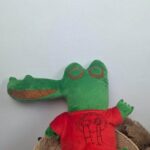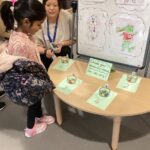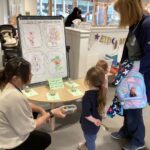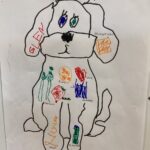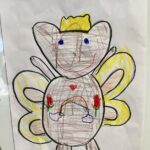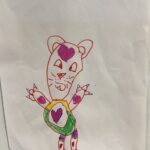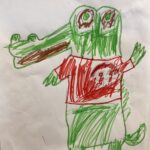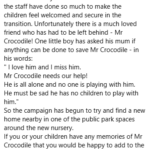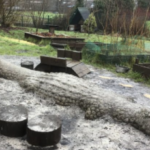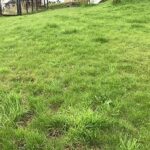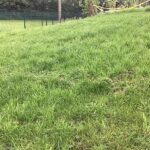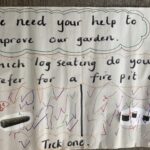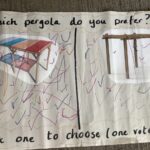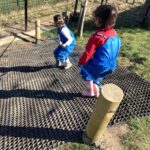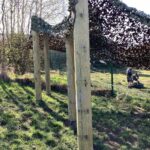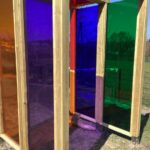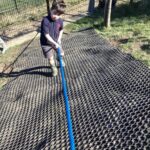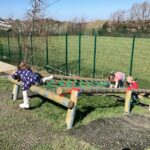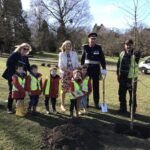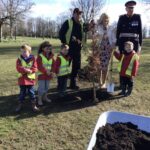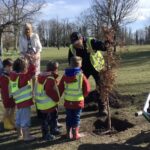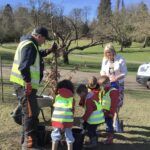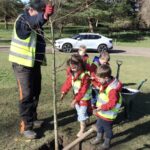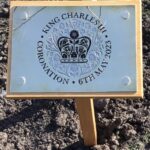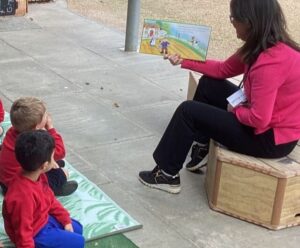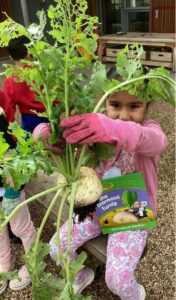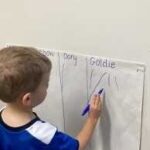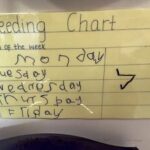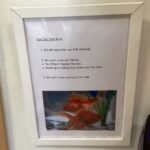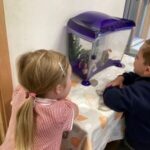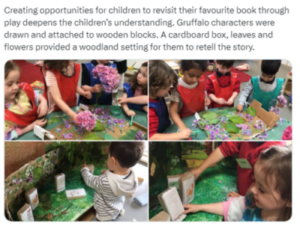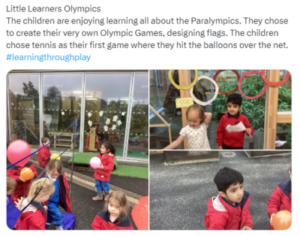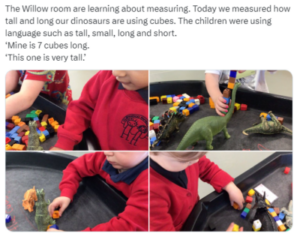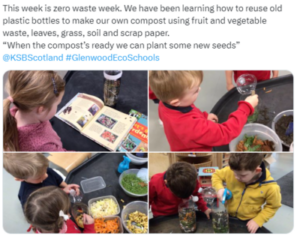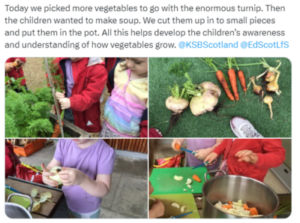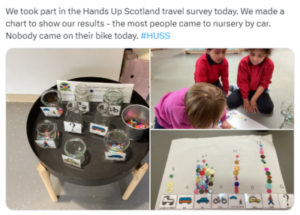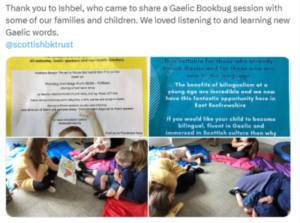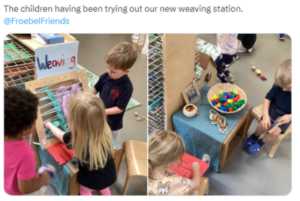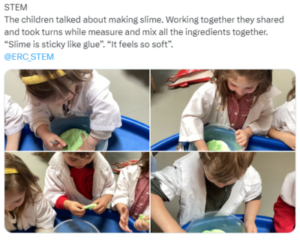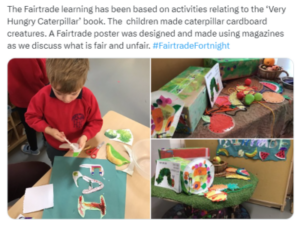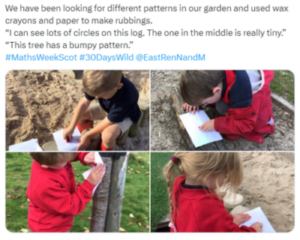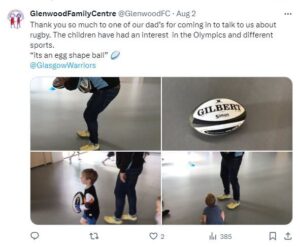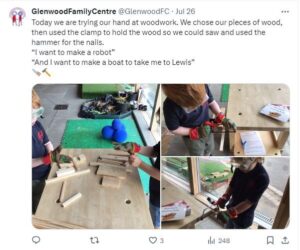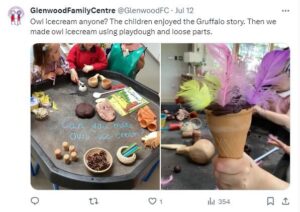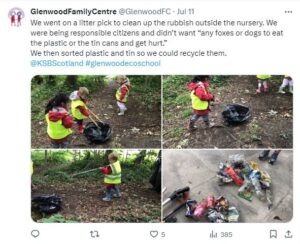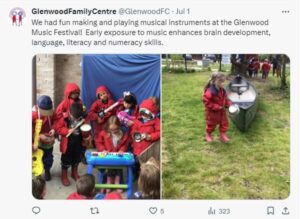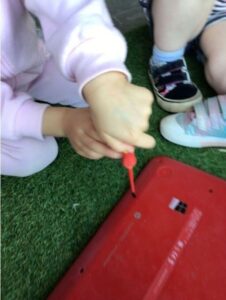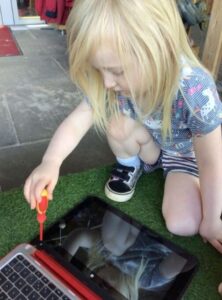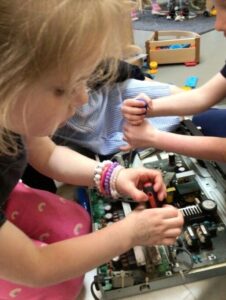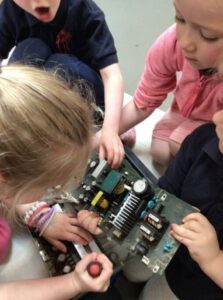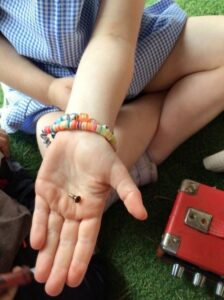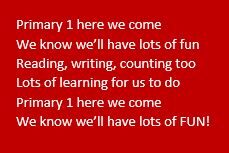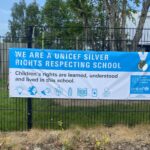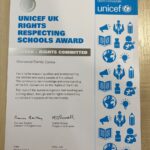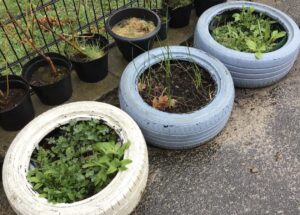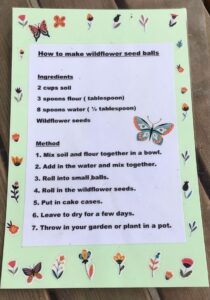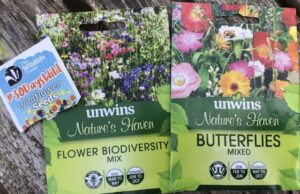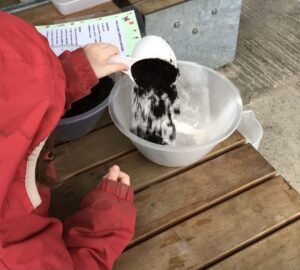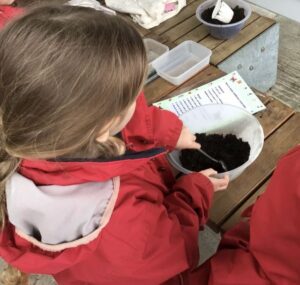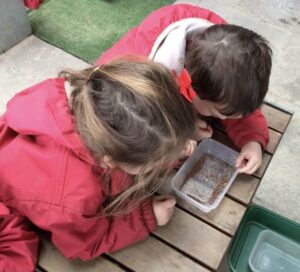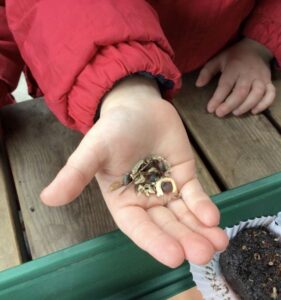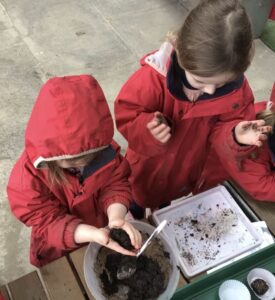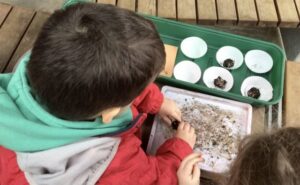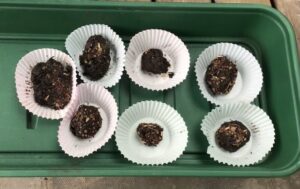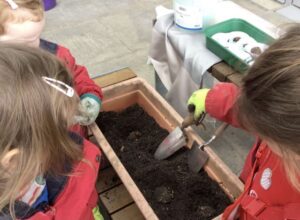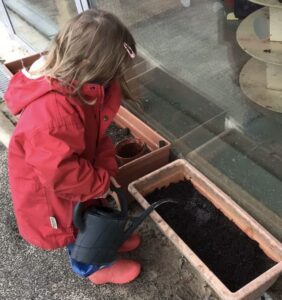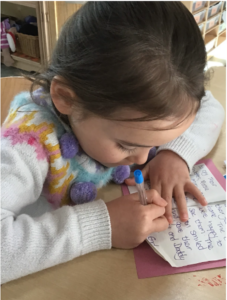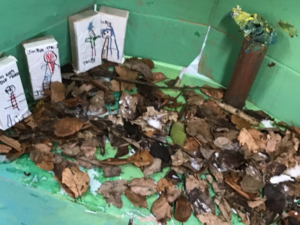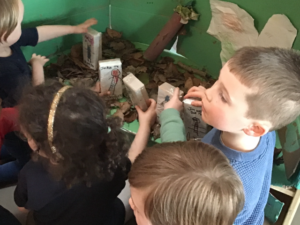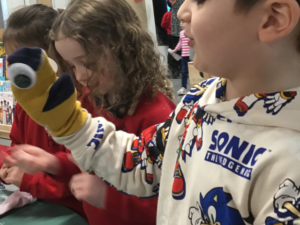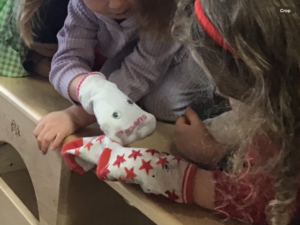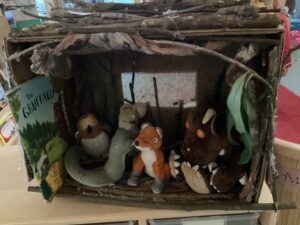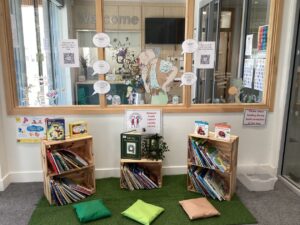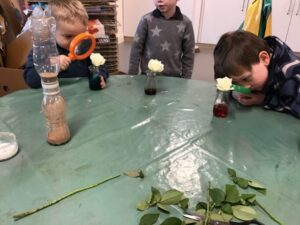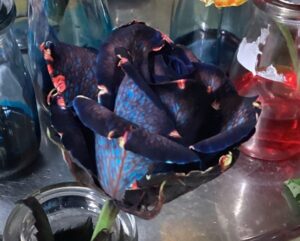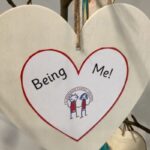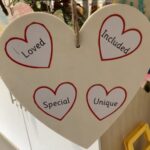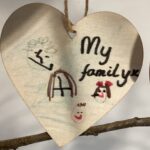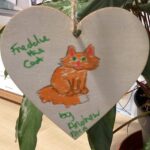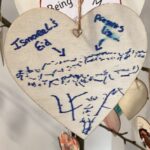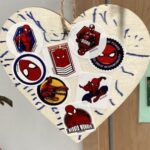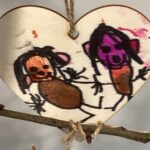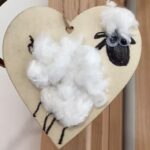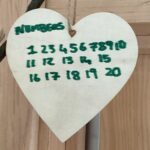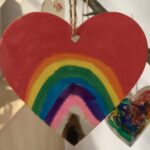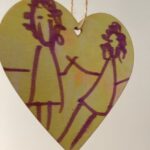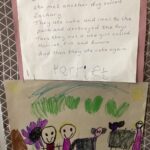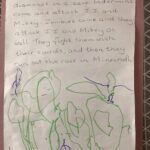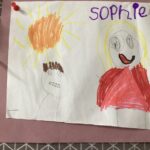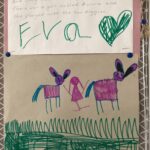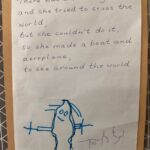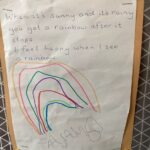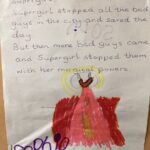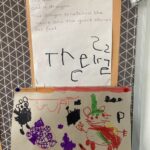by Mrs McGrory
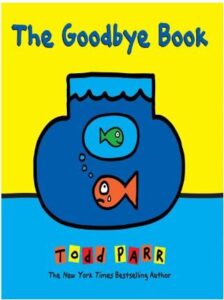 The themes of loss, change, grief and bereavement are challenging ones to discuss with children of any age let alone early years children. Everyone will experience loss at some point in their life. We often don’t approach the subject until we have suffered bereavement and then it can be too difficult to know how to discuss it with a very young child to help them cope with the grief.
The themes of loss, change, grief and bereavement are challenging ones to discuss with children of any age let alone early years children. Everyone will experience loss at some point in their life. We often don’t approach the subject until we have suffered bereavement and then it can be too difficult to know how to discuss it with a very young child to help them cope with the grief.
We cannot fully prepare anyone for a bereavement and the strong feelings associated with grief, however, encouraging children to talk openly or express themselves and explore a variety of ways of managing these often difficult emotions can be helpful when they face loss, change or even death.
In early years we work hard at providing a range of experiences targeting the awareness of loss, grief and bereavement naturally in the centre’s environment. This is done through books, stories, puppets, emotion stones, arts, music and discussions about life cycles of animals and plants.
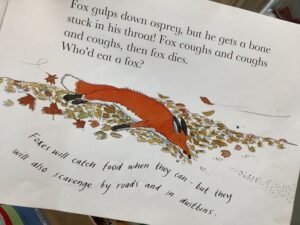
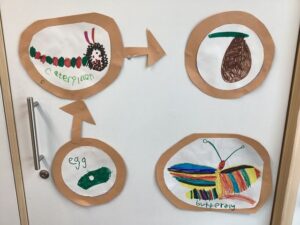
Each experience we provide is age appropriate and encourages children to listen, talk, express and share their feelings freely. It is so important for children to recognise their emotions, to have their emotions validated and have tools to help them regulate these sometimes overwhelming emotions.
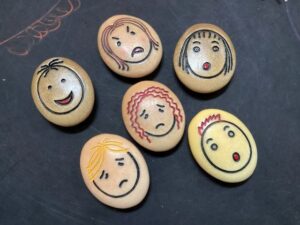
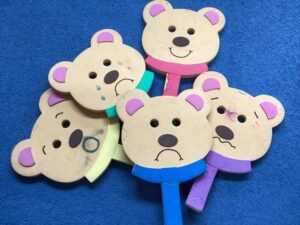
Simple language such as “look this plant has died, that made me sad. I really liked looking at the plant when it had the beautiful petals and it smelled amazing too.” It is very important when talking to children about death that you use simple and concrete words as children can interpret things very differently. For example “your Grandad is gone”. The child then thinks gone, gone where? Are they coming back? When they don’t come back it can cause the child anxiety because mummy’s gone to the shops …Oh no what happens if she doesn’t come back, like Grandad? It’s helpful to say your Grandad has died and that means we won’t see him again. I hear you gasp and say, you can’t say that to a 3 year old. Yes you can, it avoids confusion.
When talking to your child of the loss or bereavement, take their lead. They may want to know more or just sit with what they have been told. It’s important to care for yourself too as you could also be grieving this loss. If it becomes too much, allow someone else the child trusts to answer any more questions they may have.
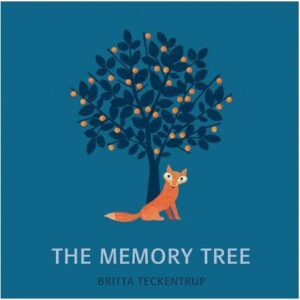 I know when my mum died I really struggled and my children and I made a memory box to help us process our loss. We talked together, laughed together and cried together making the box full of our memories we had of this amazing person that we loved.
I know when my mum died I really struggled and my children and I made a memory box to help us process our loss. We talked together, laughed together and cried together making the box full of our memories we had of this amazing person that we loved.
All the experiences Glenwood provides can be done at home and we have some helpful resources which are welcome to take home should you need to do so. A group of professionals from across East Renfrewshire created and developed parent pamphlets and activities you can also do with your child and family. These are suitable from birth to high school and are accessible through your centre or school.
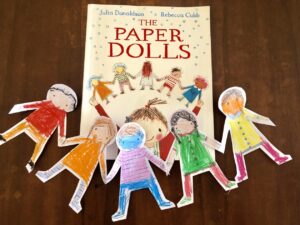
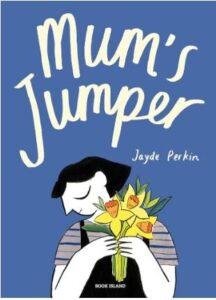
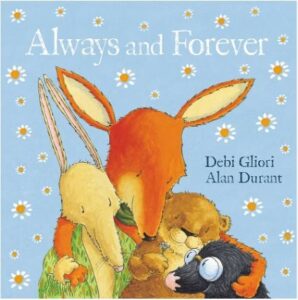
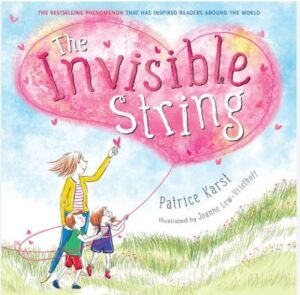
Further information can be found here-
Support for Bereavement or Loss
and
Meeting Learners Needs- Support for Bereavement and Loss
If you or a family member require any more information please ask a member of staff.
